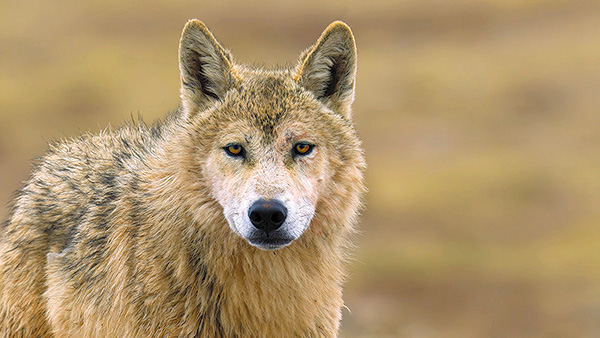Nature's stunning exodus
Researchers film incredible journey of one of the world's largest animal migrations, report Xu Fan and Li Yingqing in Kunming.
By Xu Fan and Li Yingqing | China Daily | Updated: 2023-01-28 13:32

Every summer, thousands of pregnant antelopes return hundreds of kilometers from their scattered habitats to Zhuonai Lake, in Northwest China's Qinghai province, to give birth. The lake, located in the remote Hoh Xil region, has been dubbed a "delivery room" for the once endangered species, long studied by animal behavior researchers as an example of mass animal exodus to rival the Serengeti in Africa.
A group of scientists from Yunnan University and the Kunming Institute of Zoology, affiliated to the Chinese Academy of Sciences, spent a total of 18 months starting in early 2020 shooting a thousand hours of footage of the spectacle and other animal activities.
After six months spent in post-production, the materials were edited down into Biodiversity on Earth - Zhuonai Lake, a 57-minute documentary which has earned a score of 9.7 out of 10 in aggregate review on Bilibili, one of the country's most popular video-sharing platforms.
The documentary, produced by the team of China's second comprehensive scientific expedition to the Qinghai-Tibet Plateau, also captured a variety of other wildlife, from wandering yaks to fluffy plateau pikas and galloping Tibetan wild asses.
This is the directorial debut of Luo Jie, a 36-year-old scientist at the Kunming Institute of Zoology. A native of Kunming, the capital of Southwest China's Yunnan province, Luo developed a strong interest in nature in his childhood, recounting his obsession with programs such as Animal World, a series of remarkable longevity, broadcast on China Central Television since 1981.
Around six years ago, Luo started to combine his passion for research and film by shooting beneath the ocean while researching coral reefs and clownfish in Indonesia.
























